There’s a hidden world inside each of us—an intricate, bustling ecosystem that plays a pivotal role in our health, mood, and even the way we think. It’s not a fantasy; it’s the gut microbiome, and understanding it could change everything from how we approach food to how we treat depression.
This topic has become deeply personal for me. For much of my life, I never really thought about gut health. I lived in what I’d call ignorant bliss—until I started experiencing difficult digestive issues. In search for relief, I cycled through countless “diets” I found online in the name of being fit and healthy. But none of them helped.. if anything, I felt worse.
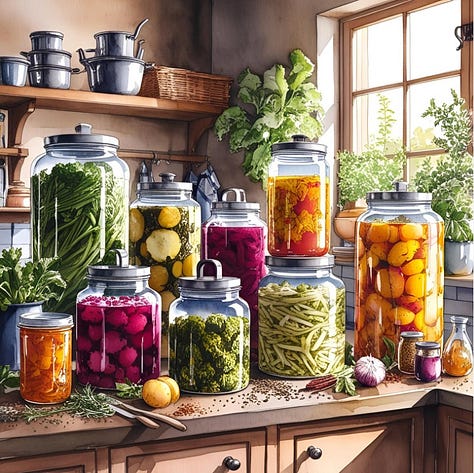
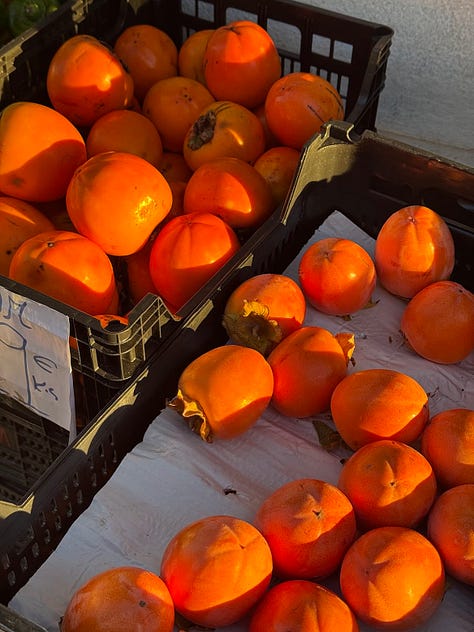
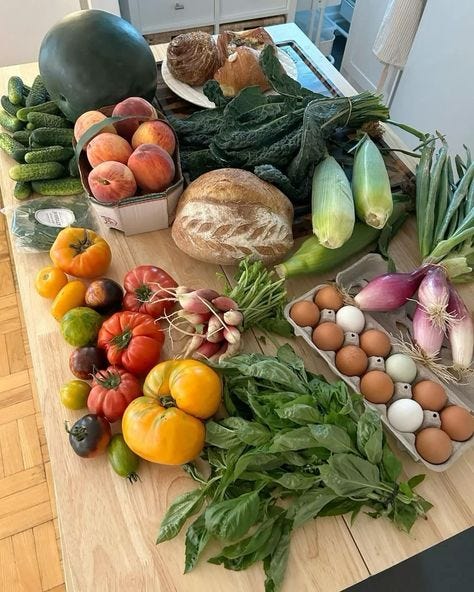
It wasn’t until I was half way through my master's program in nutrition that I began to piece together the intricate relationship between our digestion, our food, and our brains. Learning about the gut-brain axis was a true lightbulb moment—it reframed everything I thought I knew. I realized our gut is an ecosystem, one that thrives only when cared for with intention and diversity. That revelation changed the way I eat, the way I think about health, and now—it shapes the way I write and share with you.
This post is part science, part reflection, and part invitation to grow together. In this Rabbit Hole, you’ll find:
Research on the Brain-Gut Axis
Debunking “Gut-Health” Fads and My Whole Foods Approach (Including a Printable Gut-Health Grocery List)
Final Thoughts // Reflections
Let’s go down The Rabbit Hole.
Gut Microbiome 101: Your Inner Ecosystem
Before diving into the Brain-Gut Axis, it’s important to understand that our gut is home to trillions of microorganisms—bacteria, viruses, fungi, and more—that play essential roles in digestion, immune function, and even hormone production. In fact, accumulating research shows that a diverse and balanced microbiome has been associated with lower inflammation, improved digestion, stronger immunity, and better mental health.
An imbalance, or dysbiosis, on the other hand, has been linked to conditions like IBS, obesity, autoimmune diseases, and mood disorders like depression and anxiety.
The Brain-Gut Axis: More Than a Gut Feeling
The gut and brain are in constant conversation through what researchers call the brain-gut axis. This bidirectional communication system links the central nervous system with the enteric nervous system of the gastrointestinal tract.1 Think of it as a superhighway, with information constantly flowing in both directions.
It’s no surprise, then, that your gut health can directly influence your mental state. Around 90-95% of the body’s serotonin (a neurotransmitter that affects mood) is produced in the gut.2 The vagus nerve acts as a key communication line between your brain and your gut, transmitting microbial and chemical messages that can influence anxiety, mood, and overall well-being.3
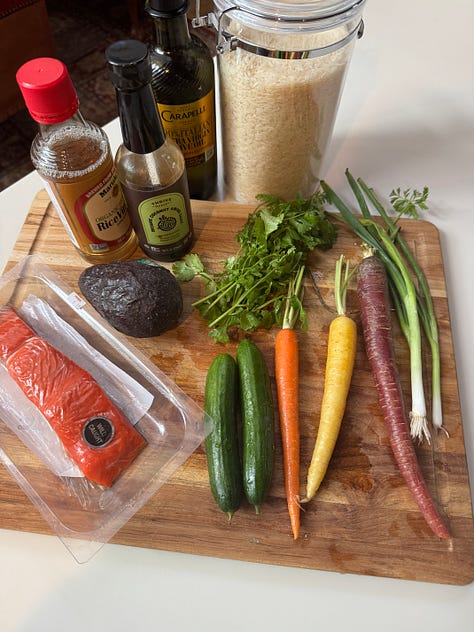

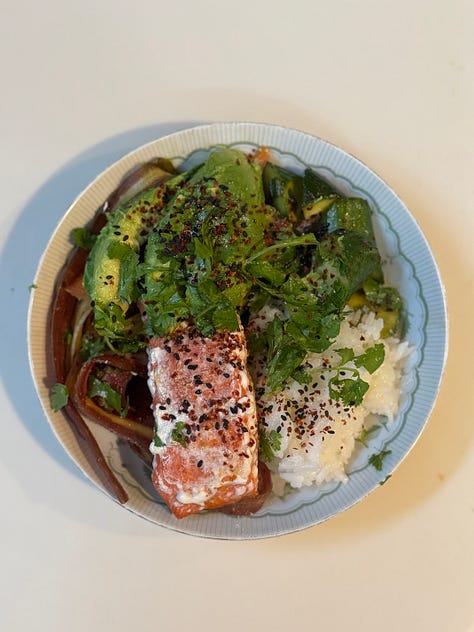
Gut Health and Mental Health: The Research
There has been a noticeable increase in the number of studies exploring the intricate relationship between the gut and brain. Personally, coming from a background in nutrition—and as someone who has long been fascinated with how we can fuel our bodies and support healing through a Western lens—this research is exciting, and feels especially compelling. I want to share these findings with you, not just because they’re interesting, but because they could truly shift the way we view our physical and mental well-being.
Emerging evidence suggests a strong link between gut health and mental health:
A 2020 review in Frontiers in Psychiatry found that probiotic supplementation significantly reduced symptoms of depression in both healthy individuals and those diagnosed with major depressive disorder.
A 2023 PubMed article noted that individuals with anxiety had markedly different gut microbiota profiles than those without, particularly in the abundance of certain anti-inflammatory bacteria.
Another 2022 PubMed article showed that increasing dietary fiber intake and fermented foods improved microbial diversity and reduced perceived stress scores.
These studies are part of a growing field called psychobiotics: probiotics and prebiotics used to support mental health via the gut.
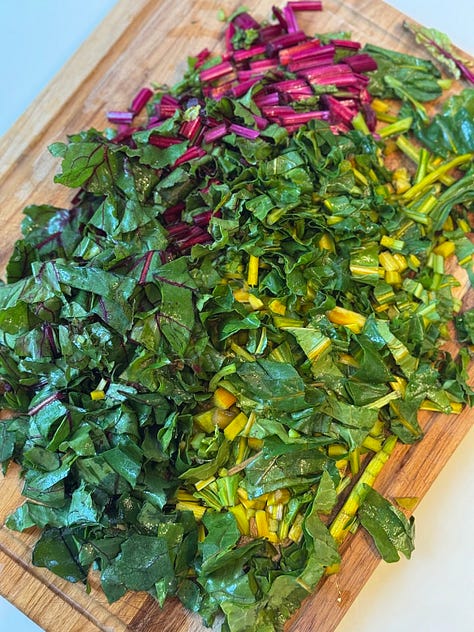
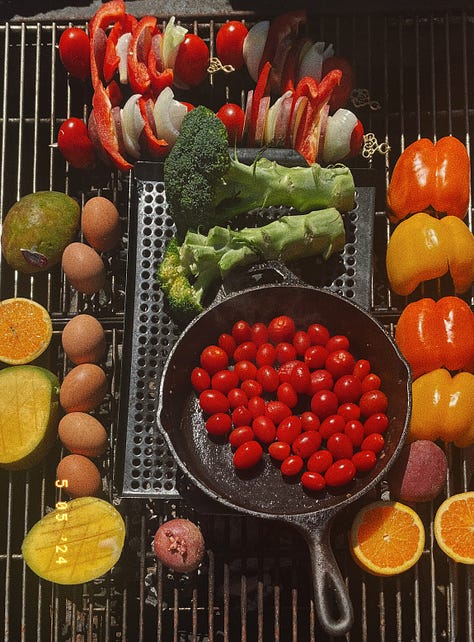
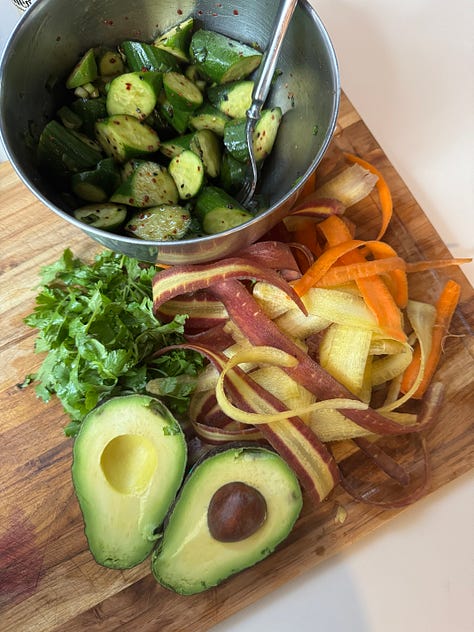
De-Bunking Gut Health Fads
As mentioned, I’ve fallen for my fair share of fad diets—wellness trends that promised healing but left me more confused (and often more bloated) than before. In the spirit of transparency and community, let’s clear the air on a few popular but misleading ideas:
Gluten free diets are only necessary for those with gluten sensitivity or celiac disease (more information here).
Low-carb or keto diets can diminish microbial diversity if fiber-rich plant foods are excluded (more information here).
High fiber diets are not always better for everyone (learn more here).
Overuse of antibiotics and antimicrobial supplements can kill off both good and bad bacteria (see the studies here).
Overnight gut flatting anything is most likely not getting to the root cause of your gut issues, and is probably just a laxative.
Gut health supplemental probiotics are not a cure all, and used alone are not as effective as long-term diet and lifestyle changes.
The Whole Foods Approach: Back to the Roots
As someone with a Master’s in Nutrition, I’ll always advocate for the sustainable power of a balanced whole foods diet. Interestingly, while fiber and fermented foods tend to get most of the attention in gut health conversations, protein plays a vital supporting role as well.
Protein is essential for maintaining the integrity of the gut lining—amino acids like glutamine and glycine help repair and protect this barrier.4 Certain proteins also produce beneficial byproducts that support microbial balance, and many neurotransmitters (like serotonin and dopamine) are synthesized from amino acids.5 These nutrients support not just digestion, but mood, cognition, and immune defense as well.
Your gut loves diversity, particularly from plant-based sources. Here are foundational principles:
Eat the rainbow: Eating a variety of colorful fruits and vegetables introduces a wide range of polyphenols—plant compounds that help nourish specific strains of gut bacteria6. This variety supports microbial diversity, which is a key marker of gut health. Foods like legumes, beans, and fruits are especially rich in fiber and have been shown to encourage the growth of beneficial bacteria like Bifidobacteria.
Prebiotic-rich foods: Prebiotics are specific types of fiber that serve as fuel for your beneficial gut bacteria, helping them thrive and maintain balance.7 You can find them naturally in foods like garlic, onions, leeks, asparagus, bananas, oats, apples, artichokes, and legumes. See my list below!
Fiber is non-negotiable: Soluble and insoluble fiber feeds your microbiome and supports digestion (read more about fiber here).
Fermented foods: Fermented foods like yogurt, kefir, sauerkraut, kimchi, and miso are natural sources of live beneficial bacteria—particularly strains like Lactobacilli.8 Regularly including them in your diet can help populate your gut with friendly microbes.
Small Changes Today, Big Payoffs Tomorrow
My personal experience has taught me that small changes add up over time. It really is all about baby steps. I know the internet can be overwhelming—so much you feel you should be doing—but truly, it just takes one step at a time.
“It is better to take many small steps in the right direction, than to make a giant leap forward only to stumble backwards” — Chinese Proverbs
Don’t try to change everything overnight. That can lead to more discomfort, not healing. Instead, find one or two things that feel manageable and resonate with you. Maybe that’s habit stacking—something like, "Tomorrow before my morning coffee, I’ll have yogurt with chia seeds and raw honey." Or, "At the grocery store, I’ll pick two in-season fruits or vegetables and look up how to prepare them on Pinterest."
If you have questions, leave a comment. This is a community after all, and your voice is valued. I’m someone who’s still learning and making small changes when I can. None of us are perfect, but progress matters more than perfection.
Here are a few practical shifts I try to remember and incorporate into my day to day life:
Add, don’t subtract: Instead of cutting foods out, add in more fiber-rich fruits and vegetables.
Try one new fermented food this week: Start with 1-2 tablespoons daily and increase gradually.
Mindful eating: Chew your food well and eat in a relaxed state to support the digestive process.
Hydrate with intention: Your gut lining and microbes both need adequate hydration to thrive.
Go slow on antibiotics and sugar alcohols: Some research suggests that sugar substitutes like aspartame may disrupt the gut by encouraging the growth of less favorable bacteria, such as Enterobacteriaceae. As discussed above, antibiotics can disrupt microbial balance by wiping out both good and bad strains. Try to take antibiotics only when truly needed.
Incorporate gut-friendly recipes: Explore meals that feature whole food ingredients known to support microbial diversity.
I've shared several recipes on Substack designed with gut health in mind — Click here to see all Gut Healthy recipes
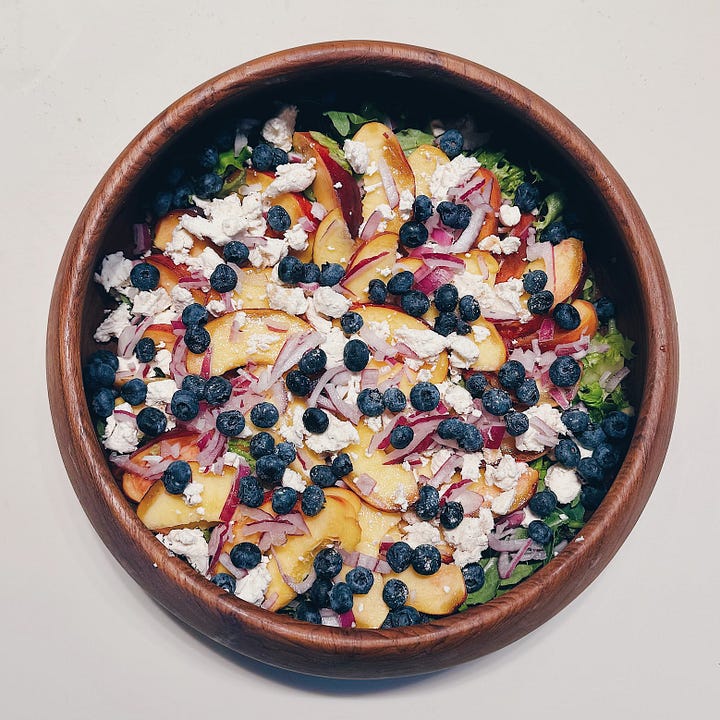
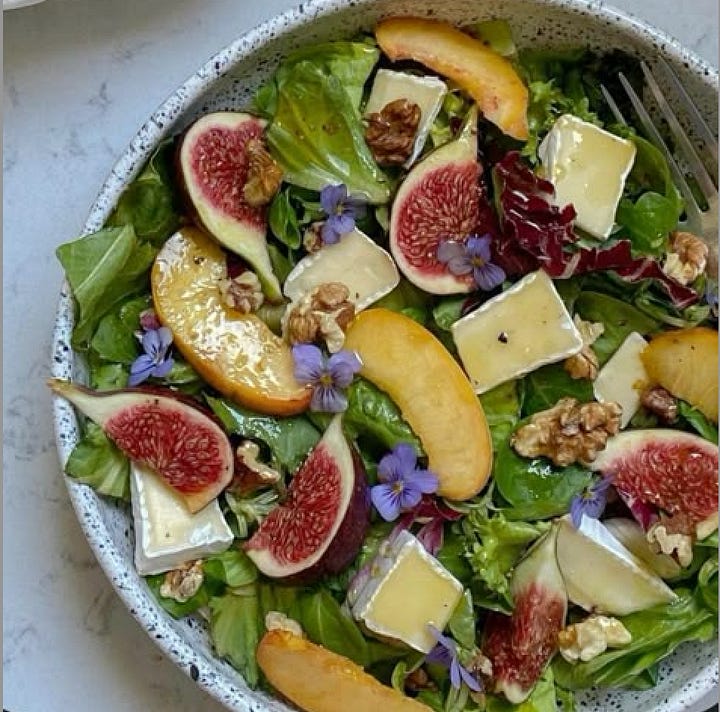
Final Thoughts: Trust Your Gut
Gut health isn’t about quick fixes; it’s about cultivating an internal garden that will feed your future self. Whether you’re struggling with bloating, anxiety, or just want more energy, taking steps to nourish your microbiome can create profound ripple effects in every area of your life.
I’m still on this journey myself—learning, trying, failing, and trying again. Some weeks I make my chia seed yogurt and prep my fermented veggies. Other weeks I lean on the basics and give myself grace. But what’s made the biggest difference is consistency, curiosity, and a willingness to show up.
If you’re just beginning your gut health journey, I hope this rabbit hole leaves you feeling both informed and inspired. Start small—maybe a new recipe, adding a prebiotic ingredient to your shopping cart, or simply asking a question in the comments.
If you enjoyed this, please share, comment, or subscribe! And thank you so much for reading my rabbit hole and supporting this little corner of nourishment and curiosity.
—Victoria Louise
Sneak Peek: Next Week’s Rabbit Hole
Interested in making your own probiotic-rich food? Subscribe to my Substack—next week’s Rabbit Hole will be on “The Art of the Butcha” where I dive into all things kombucha and share how to make this gut-loving drink at home.
Carabotti, M., Scirocco, A., Maselli, M. A., & Severi, C. (2015). The gut-brain axis: interactions between enteric microbiota, central and enteric nervous systems. Annals of gastroenterology, 28(2), 203–209.
MacFabe D. Autism: Metabolism, mitochondria, and the microbiome. Glob Adv Health Med. 2013;2(6):52-66.
Breit, Sigrid et al. “Vagus Nerve as Modulator of the Brain-Gut Axis in Psychiatric and Inflammatory Disorders.” Frontiers in psychiatry vol. 9 44. 13 Mar. 2018, doi:10.3389/fpsyt.2018.00044
Achamrah, N., Déchelotte, P., & Coëffier, M. (2017). Glutamine and the regulation of intestinal permeability: from bench to bedside. Current opinion in clinical nutrition and metabolic care, 20(1), 86–91. https://doi.org/10.1097/MCO.0000000000000339
Mittal, Rahul et al. “Neurotransmitters: The Critical Modulators Regulating Gut-Brain Axis.” Journal of cellular physiology vol. 232,9 (2017): 2359-2372. doi:10.1002/jcp.25518
Heiman, Mark L, and Frank L Greenway. “A healthy gastrointestinal microbiome is dependent on dietary diversity.” Molecular metabolism vol. 5,5 317-320. 5 Mar. 2016, doi:10.1016/j.molmet.2016.02.005
Dewulf, Evelyne M et al. “Insight into the prebiotic concept: lessons from an exploratory, double blind intervention study with inulin-type fructans in obese women.” Gut vol. 62,8 (2013): 1112-21. doi:10.1136/gutjnl-2012-303304





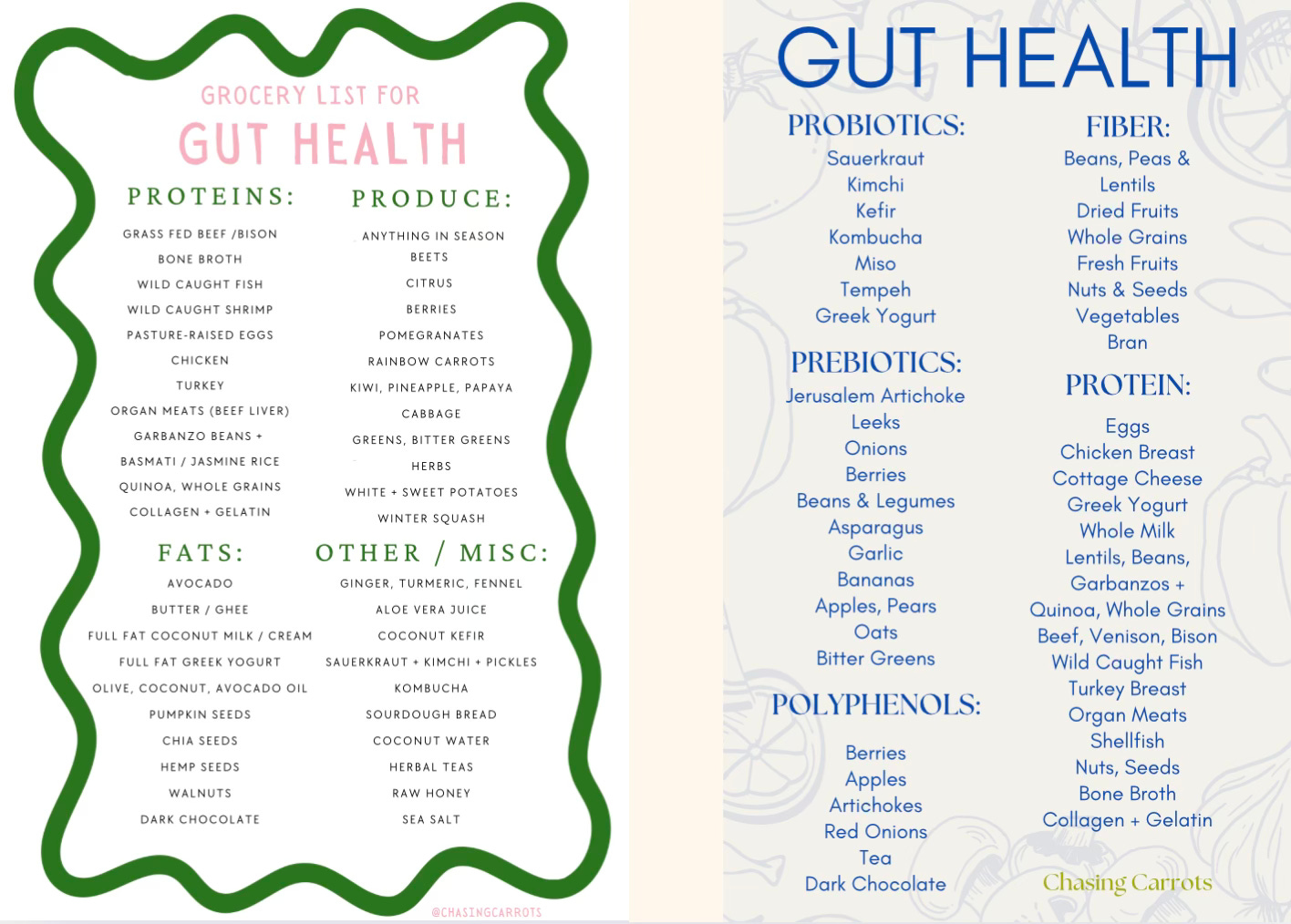

Hi there,
I enjoy your commentary. I've spent the last 30 years as a gastroenterologist based in Cleveland, and for the past 16 years I've written a blog sharing insights into the medical profession. I just started a Substack to share my thoughts and advice. My latest post is about chronic abdominal pain. I'm hoping it may prove relevant to you, and that'll considering following along.
https://mkirsch.substack.com/p/whats-the-cause-of-chronic-abdominal
Thanks!